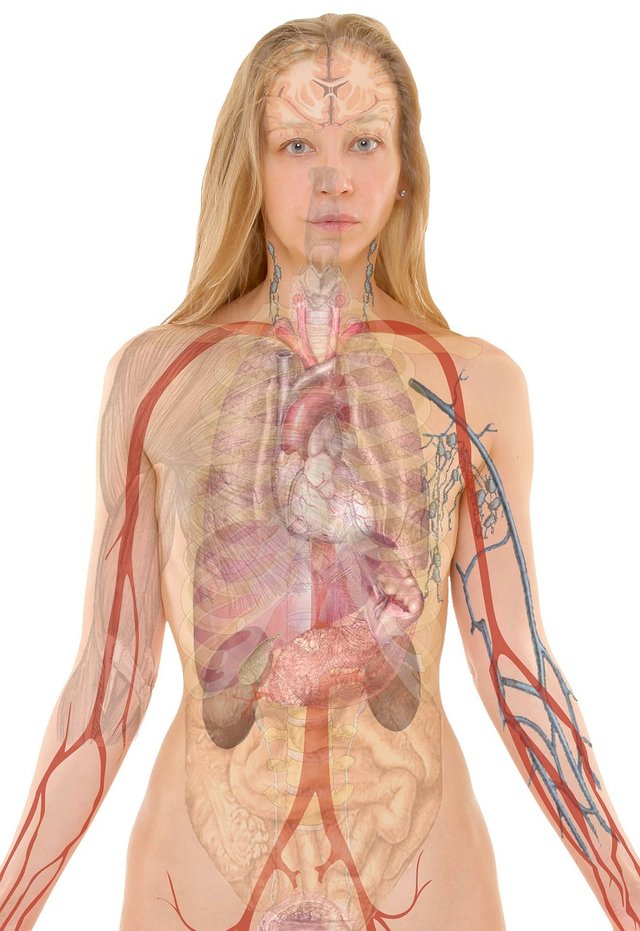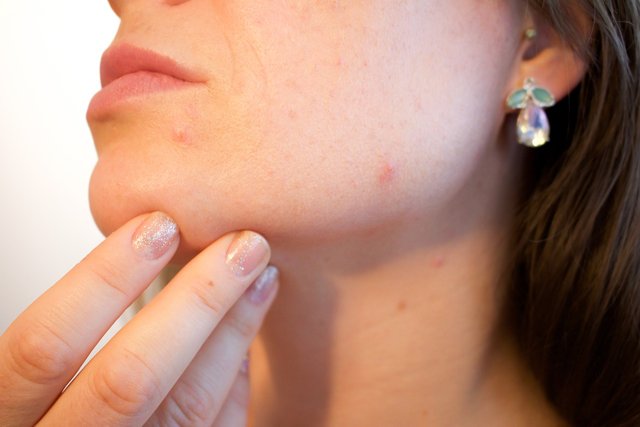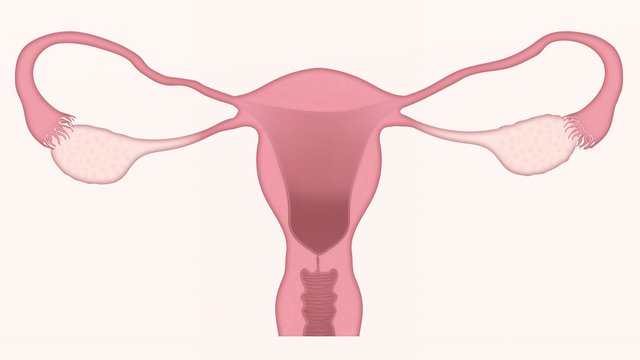5 Facts About Menopause
It is a critical phase of a woman's life, always, yet still has so many unknowns for science and medicine.

Credits
The medical definition of menopause is (at least that) clear enough:
the biological phase in a woman's life characterized by the end of menstruation due to the reduction in the functionality of the ovaries .
By first sight, menopause is declared after at least twelve months of disappearance of the menstrual cycle. It is verified, as stated in a recent study published in Nature , " for a complex and still largely unknown set of genetic, hormonal and environmental factors ".
Let's take stock of the little we know, starting with a curiosity.

Credits
1. THE WORD: The term ménopause first appears in 1821, coined by the French doctor Charles Pierre Louis de Gardanne, who inserted it in the title of his book: “De la menopause” also called - the critical age of women.

Credits
2. WIDE VARIABILITY: The age in which it appears is quite variable. The range considered normal ranges from 45 to 55 years: in more recent studies the average age was 48.8 years (50.5 in Europe, 47.2 in Latin America, 51.3 in Australia). Instead, it is considered early menopause that women in their early forties meet menopause .
It is usually preceded by a period, which can last from a few months to several years (4 on average), in which reproductive hormones, estrogen and progesterone, begin to decline, and the menstrual cycle becomes unpredictable. Menstruation can "jump", or come close together; the cycle is very light or more abundant than usual. This is the period of perimenopause it is always different from person to person.

Credits
3. DIFFICULT FORECASTS: There are no diagnostic tests that can establish the state of menopause with certainty. The blood test that measures the values of a hormone called FSH ( follicle stimulating hormone ), present at higher levels with the approach of the no longer fertile period which can give indications. But the values of this hormone tend to fluctuate a lot.
It can help the fact that there is also a hereditary component, both for the early menopause and for the late one (over 55 years): if the mother has gone very early or late in menopause, it is more likely that the same happens to her daughter.

Credits
4. NATURE & CULTURE: Estrogens are involved in many physiological functions, and many types of cells and tissues have estrogen receptors. For this reason, the symptoms can be very different and affect almost all the body's systems: the most notorious is hot flashes and it experienced by a high percentage of women. Then there are the mood swings, sleep disorders , loss of libido , weight gain . Later, osteoporosis and loss of skin elasticity may occur .
For some women the set of symptoms can be debilitating and difficult to bear; for others not particularly annoying. The reactions and the impact on life seem to vary a lot depending on the country,culture and environment.

Credits
5. REPLACEMENT HORMONES: Until about fifteen years ago, the administration of hormones (estrogen, progesterone) tend to remedy the problems of menopause and as a form of prevention of possible effects on health, in particular of the risks for the heart which had become almost a routine. Then the results of an important study ( Women's Health Initiative ) sounded an alarm bell: hormone replacement therapy not only did not prevent cardiovascular diseases in menopausal women, but rather increased their risk of cancer to breast and ovary.
But the prevailing opinion is that hormone therapy is indicated especially for women who have disorders that greatly affect the quality of life, at the beginning of menopause, and when there are no particular cancer risk factors. It is no longer recommended as a long-term preventive therapy.
A refreshing surprise to see this article. It's important to have all of this practical information in one place. So many misconceptions abound about menopause that a trustworthy voice, using up-to-date, responsible sources is welcome.
The issue of hormone replacement therapy is still one, I think, on which there is not unanimity. A recent article in Science Daily reports that any form of hormone replacement therapy (except topical) increases the risk of breast cancer.
Thank you for a valuable, informative article. Resteeming and tweeting it out. Women can use good information :)
Am so glad, you find them interesting @agmoore2 ☺
@tipu curate
Upvoted 👌 (Mana: 18/28)
Thanks @kralizec ☺
Congratulations @afifa! You have completed the following achievement on the Steem blockchain and have been rewarded with new badge(s) :
You can view your badges on your Steem Board and compare to others on the Steem Ranking
If you no longer want to receive notifications, reply to this comment with the word
STOP